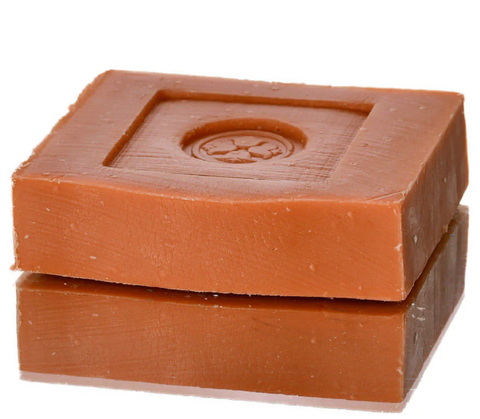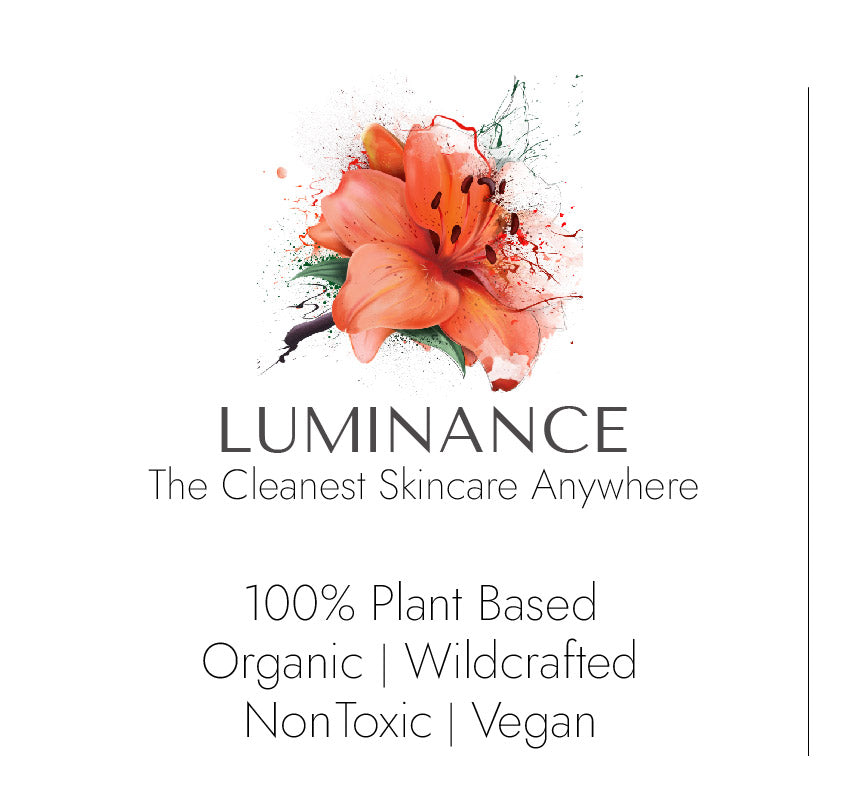Coconut Oil is Wonderful for Soap Making but Shouldn't Be Used in Skincare Products in Its Pure State.
 Coconut oil is derived from the meat or kernel of the coconut fruit. It has been used for various purposes over the years, ranging from cooking to hair care and skin applications. Its composition is dominated by saturated fatty acids, which gives it a solid consistency at room temperature.
Coconut oil is derived from the meat or kernel of the coconut fruit. It has been used for various purposes over the years, ranging from cooking to hair care and skin applications. Its composition is dominated by saturated fatty acids, which gives it a solid consistency at room temperature.
We only use Coconut Oil in our soaps where it becomes part of the soap molecule, specifically that part that makes for a nice bubbly and rich lather. In facial creams, serums, and lotions Coconut Oil in its pure state clogs the pores and can seriously dry out skin. But for soap it's brilliant, just in its pure state for skin.
Fatty Acids in Coconut Oil and Their Benefits:
1. Lauric Acid (about 45-53% of coconut oil's composition): Benefits:
-
Antimicrobial Activity: Lauric acid has proven antibacterial and antifungal properties. When applied to the skin, it can help in combating acne-causing bacteria and other pathogens.
-
Moisturizing: This fatty acid provides moisturization and creates a protective barrier on the skin's surface.
2. Myristic Acid (around 16-21% of coconut oil's composition): Benefits:
-
Texture Enhancer: In cosmetic formulations, myristic acid can provide a smoother texture and improve spreadability.
-
Moisturizing: It acts as an emollient, helping to soften and condition the skin.
3. Palmitic Acid (about 8-11% of coconut oil's composition): Benefits:
-
Emollient: Palmitic acid helps in sealing moisture, ensuring that the skin remains hydrated.
-
Texture Improvement: Can contribute to a creamier consistency in formulations.
4. Caprylic Acid (approximately 6-10% of coconut oil's composition): Benefits:
-
Antifungal: Known to be effective against certain fungi, which can be helpful in managing fungal skin infections.
-
Quick Absorption: It's a lighter fatty acid, allowing it to be absorbed relatively quickly, providing rapid hydration.
5. Stearic Acid (around 2-4% of coconut oil's composition): Benefits:
-
Cleansing: Can help remove excess sebum, sweat, and dirt from the skin.
-
Emollient: Helps in softening and conditioning the skin.
6. Capric Acid (about 4-8% of coconut oil's composition): Benefits:
-
Antimicrobial: Helps in fighting microbial infections on the skin.
-
Moisturizing: Provides hydration and a smooth feel upon application.
Coconut Oil in Soap Making vs. A Pure Ingredient In Skincare Products
Soap Making:
-
Saponification: Coconut oil is excellent for soap making due to its high saponification value. This means it reacts efficiently with an alkali to produce soap.
-
Lather Production: Coconut oil contributes to the production of a rich, frothy lather, which is often sought after in soaps.
-
Hardness: It can produce a harder bar of soap, especially when combined with other oils.
Skincare: While many people tout the moisturizing benefits of coconut oil, it can be problematic for certain skin types:
-
Comedogenic: Coconut oil is considered comedogenic, meaning it can clog pores. This is especially problematic for individuals with oily or acne-prone skin, as it can lead to increased breakouts.
-
Heavy Texture: Its rich consistency might feel too heavy or greasy for some individuals, especially if applied in large amounts.
In conclusion, while coconut oil offers numerous benefits due to its fatty acid content, it's essential to understand its properties and potential drawbacks. It might be ideal for making soaps and beneficial for certain skin types or applications but not suitable for everyone, especially those with acne-prone skin.



